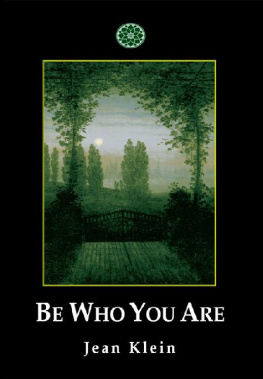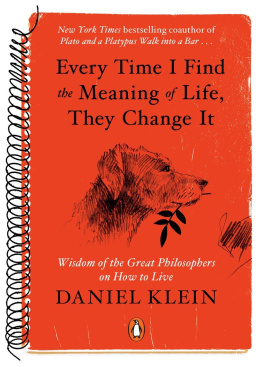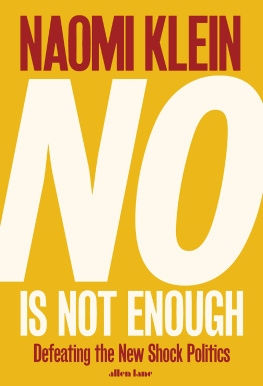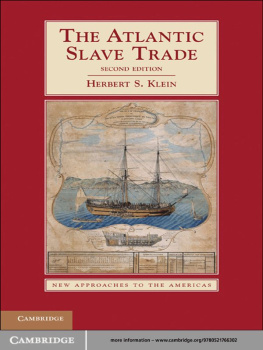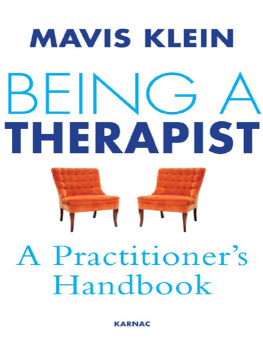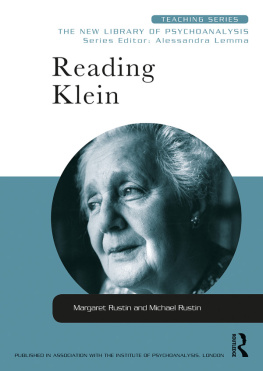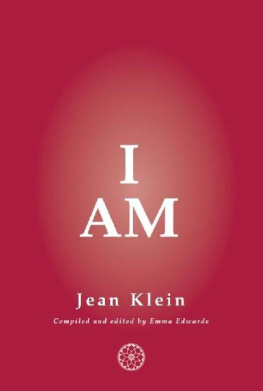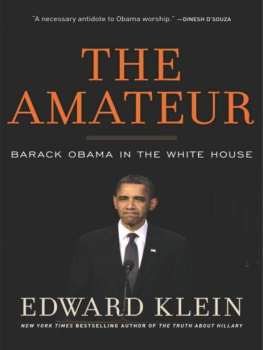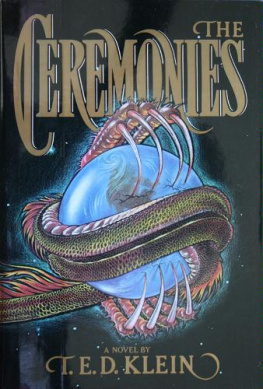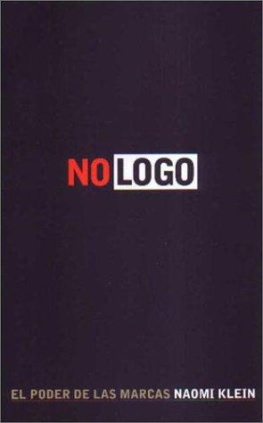Klein - Be Who You Are
Here you can read online Klein - Be Who You Are full text of the book (entire story) in english for free. Download pdf and epub, get meaning, cover and reviews about this ebook. City: Oakland, year: 2016;2015, publisher: New Harbinger Publications;Non-Duality Press, genre: Religion. Description of the work, (preface) as well as reviews are available. Best literature library LitArk.com created for fans of good reading and offers a wide selection of genres:
Romance novel
Science fiction
Adventure
Detective
Science
History
Home and family
Prose
Art
Politics
Computer
Non-fiction
Religion
Business
Children
Humor
Choose a favorite category and find really read worthwhile books. Enjoy immersion in the world of imagination, feel the emotions of the characters or learn something new for yourself, make an fascinating discovery.
Be Who You Are: summary, description and annotation
We offer to read an annotation, description, summary or preface (depends on what the author of the book "Be Who You Are" wrote himself). If you haven't found the necessary information about the book — write in the comments, we will try to find it.
Be Who You Are — read online for free the complete book (whole text) full work
Below is the text of the book, divided by pages. System saving the place of the last page read, allows you to conveniently read the book "Be Who You Are" online for free, without having to search again every time where you left off. Put a bookmark, and you can go to the page where you finished reading at any time.
Font size:
Interval:
Bookmark:

Jean Klein Foundation
PO Box 22045
Santa Barbara, CA 93120
United States
First published 1978 and by Element Books 1989
This edition copyright Non-Duality Press, July 2006, May 2013
Copyright Emma Edwards
Cover illustration: Gedchtnisbild fr JE Bremer by Casper David Friedrich
All rights reserved. No part of this book may be reproduced, stored in a retrieval system, or transmitted by any means, electronic, mechanical, photocopying, recording, or otherwise, without express written permission from the publisher.
eISBN: 978-095517625-8
Non-Duality Press
6 Folkestone Rd, Salisbury SP2 8JP
United Kingdom
www.non-dualitybooks.org
BE WHO YOU ARE
Jean Klein, a musicologist and doctor from Central Europe, spent his early years inquiring about the essence of life. He had the inner conviction that there was a principle independent of all society and felt the urge to explore this conviction.
His exploration led him to India where he was introduced through a direct approach to the non-mental dimension of life. Through living in this complete openness, he was taken, one timeless moment, by a sudden, clear awakening in his real nature. It was not a mystical experience, a new state, but the continuum in life, the non-state in light of which birth, death and all experience take place.
From 1960 he led a quiet life teaching in Europe and later in the United States.
During these meetings we shall discuss the knowledge of our true nature. But the word knowledge will here be used in its strict meaning of metaphysical realization, in other words, the actual establishing of ourselves in that which we truly are. It is therefore a total achievement.
This activity implies the absence of any preconceived idea. We do not strive to reach an imaginable goal, because the unknown can be neither imagined nor conceived. In matters of ordinary understanding, one makes use of analogy and reasoning. But here we shall be concerned with a formless absolute, an Ultimate Subject which can never be an object to be apprehended by the mind. Such research obviously implies that it be undertaken empty-handed, by a mind which has rejected the strategy of functioning with the already known. The projection of a God, a Self, a where, a when, are part of such a strategy and must be entirely laid aside. The only technique if I may say so which we can use, is based on an art of listening which is the supreme teaching of the traditional method.
Consequently, our meetings will provide neither information nor documentation in the usual sense of these words. We therefore suggest that no notes be taken. What is important is for you to take up a passively-active attitude. This will enable you to convert into your own substance what such an attitude has allowed you to absorb. You should therefore listen with intense awareness and moreover strive to listen to yourself at the same time.
The ordinary mans activity is made up of reactions which are the expression of his egotistic make-up. He is a self surrounded by pleasant or unpleasant, friendly or hostile objects, and everything which impinges on him incites him to react according to his desires and his fears. Consequently, all his reactions are false, fragmentary, inadequate, because they are rooted in his egotistic outlook which is born of his delusion that he is a separate self. All the traditional doctrines teach us methods by which we may come to discard this state of reaction and reach an ego-less state where all reactions cease to be, giving place to impersonal actions which are true, impartial and adequate.
It may happen that even the egotistic man, under certain circumstances, responds to the challenge of outside objects in such a spontaneous and adequate manner. It does happen at times, when he comes face-to-face with something absolutely new, with something which it is impossible for him to integrate into his egotistical mental framework. It may also happen in the course of a poetical or aesthetic experience, because a thing of beauty, being an expression of harmony, possesses of its own nature a harmonizing power which, placing us temporarily in a state of perfect balance, allows us to be in tune with Reality. But they are few and evanescent, these states of grace, which allow us to catch sight of the lost Paradise, and they remain unnoticed and unpursued because the ego rejects and shuns them, sensing in them a herald of its death.
All this must be thoroughly understood if one wishes to listen to a traditional teaching with any profit. In the presence of a master, the listening should be modelled on the above mentioned state of grace, during which, for an instant, we may have emerged from the egotistic condition. An effort should be made to remember such states of nakedness, austerity, openness and clarity.
This state of listening is the first true step on the path.
Next we must undertake the observation of our desires so as to understand what it is that we are really seeking in all the objects which seem to please our appetites. We shall then realize that when the desired object is stripped of all its peculiarities, its distinctive characteristics, there remains a constant residue which is the true object of our search and which may be called fullness, bliss and peace. Now it so happens that nothing in the world of objects possesses perfect fullness, nor unconditional bliss. After the conquest of a desired object, we experience a few short moments of non-desire, but very soon desire reappears, and we embark on a new search.
This clearly indicates that what we really desire is not the object, because if it were, its possession would eliminate all desire. What is desired is bliss, Ananda, which exists at all times in myself and in everything. The realization of the presence of this bliss was lost to me when I became a separate ego, thereby losing sight of my essential identity with it. From that moment on, the world of objects and duality was born. This duality makes it impossible for us to perceive the presence of this bliss which abides in ourselves as in all things. We can only perceive it in those objects which are more or less in accordance with our egotistic make-up. We are thus compelled to strive in a world where the pleasant and the unpleasant, where good and evil, oppose each other. Most of the time we are content to waver between pleasant-pleasure and unpleasant-pain, having no inkling of that true joy of which pleasure is only a shadow. But it may happen in certain cases, that we find ourselves face to face with an object which is in exceptional harmony with us. We may then transcend pleasure and experience joy; and discover that perfect joy lies beyond the pleasure-pain duality and is of another nature. Indeed pleasure is of its own nature fickle and transitory, hence its fleeting and disappointing character. When it reaches a very high degree of intensity and purity, it may do more than allay desire, it may completely satisfy it... for one moment... then it gives place to joy. This joy only arises with the suppression of desire, that is, of the ego. This is why true joy is impersonal, is beyond the ego. When we are immersed in perfect joy, we cease to be ourselves, only joy remains, and the object has disappeared with the subject.
I would like to look closely at certain points with you, points which I have only outlined, but please bear in mind that our study shall be chiefly made up of suggestions, since over-clear and over-precise formulae might be an impediment to any inclination you might have of seeing a question through to its end.
Font size:
Interval:
Bookmark:
Similar books «Be Who You Are»
Look at similar books to Be Who You Are. We have selected literature similar in name and meaning in the hope of providing readers with more options to find new, interesting, not yet read works.
Discussion, reviews of the book Be Who You Are and just readers' own opinions. Leave your comments, write what you think about the work, its meaning or the main characters. Specify what exactly you liked and what you didn't like, and why you think so.

